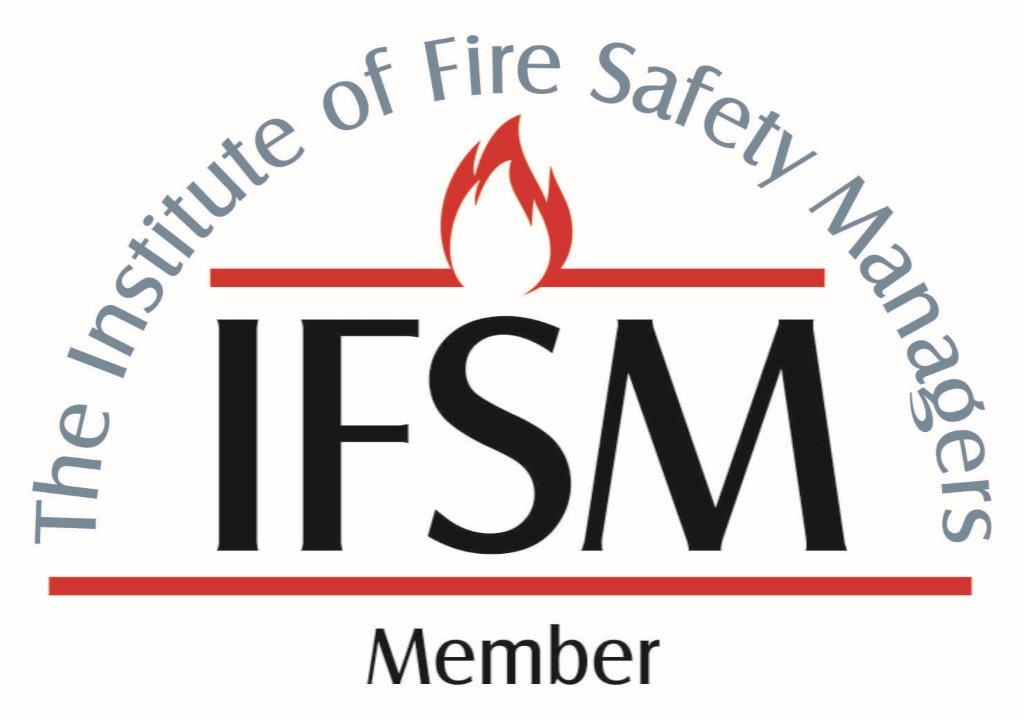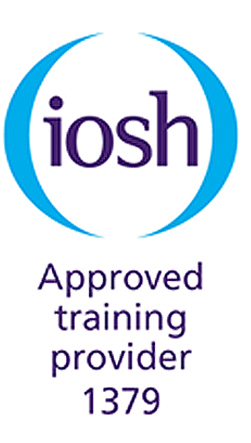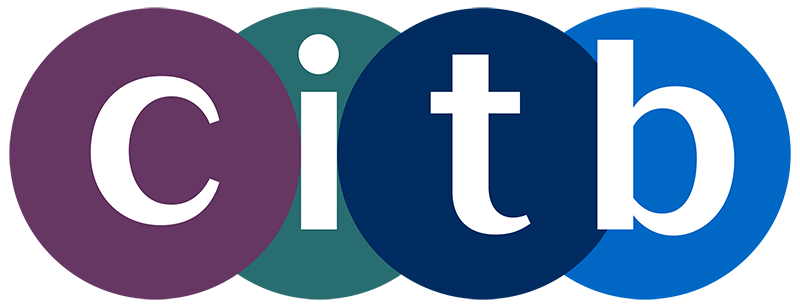
Risk Assessment
What is Risk Assessment?
Risk assessment is a method which is used to ascertain whether your procedures and systems for protecting your staff from harm are sufficient or if there is more you should be doing.
It is a way to ensure you are being proactive with your health and safety management and compliance rather than addressing problems after they have caused harm. It requires you to look ahead at what could go wrong, before it actually has and then to decide if the measures you are already taking are adequate or if there is more that you could or should reasonably do to make the task, process or area you are assessing safer. Whether you are assessing a task, a working area or even conducting a home worker risk assessment the principle is the same.
Is Risk Assessment a Legal Requirement?
In a word, yes! The general duties under the Health and Safety at Work Act require you to ensure, so far as is reasonably practicable, the health, safety and welfare of your employees at work. In order to demonstrate that you are achieving this objective, some form of assessment is needed to determine what could go wrong and when.
This general requirement is then further established with the Management of Health and Safety at Work Regulations 1999, as well as several other specific regulations which state that assessment must be completed.
Why are risk assessments important?
This is something we are often asked by our clients. The obvious answer is that they are important because failing to do them leaves you vulnerable to criminal liability as they are an absolute legal requirement (ie an employer is not allowed to make a cost/risk analysis before deciding whether to do them or not). However, there are other reasons why they are so important, and the main one is that the processs of risk assessment enables you to look ahead at what could go wrong before it actually has, and then to take measure to stop it from going wrong, or at least reducing the chances of failure, or the impact of any thing that does go wrong. They can also be important when demonstrating to your teams that you value their health, wellbeing and safety as you are taking proactive measures to reduce injury.
For those of you who are developing your safety culture, involving your teams in the assessment process produces significant gains in understanding and ownership of the problems, and hence the solutions.











